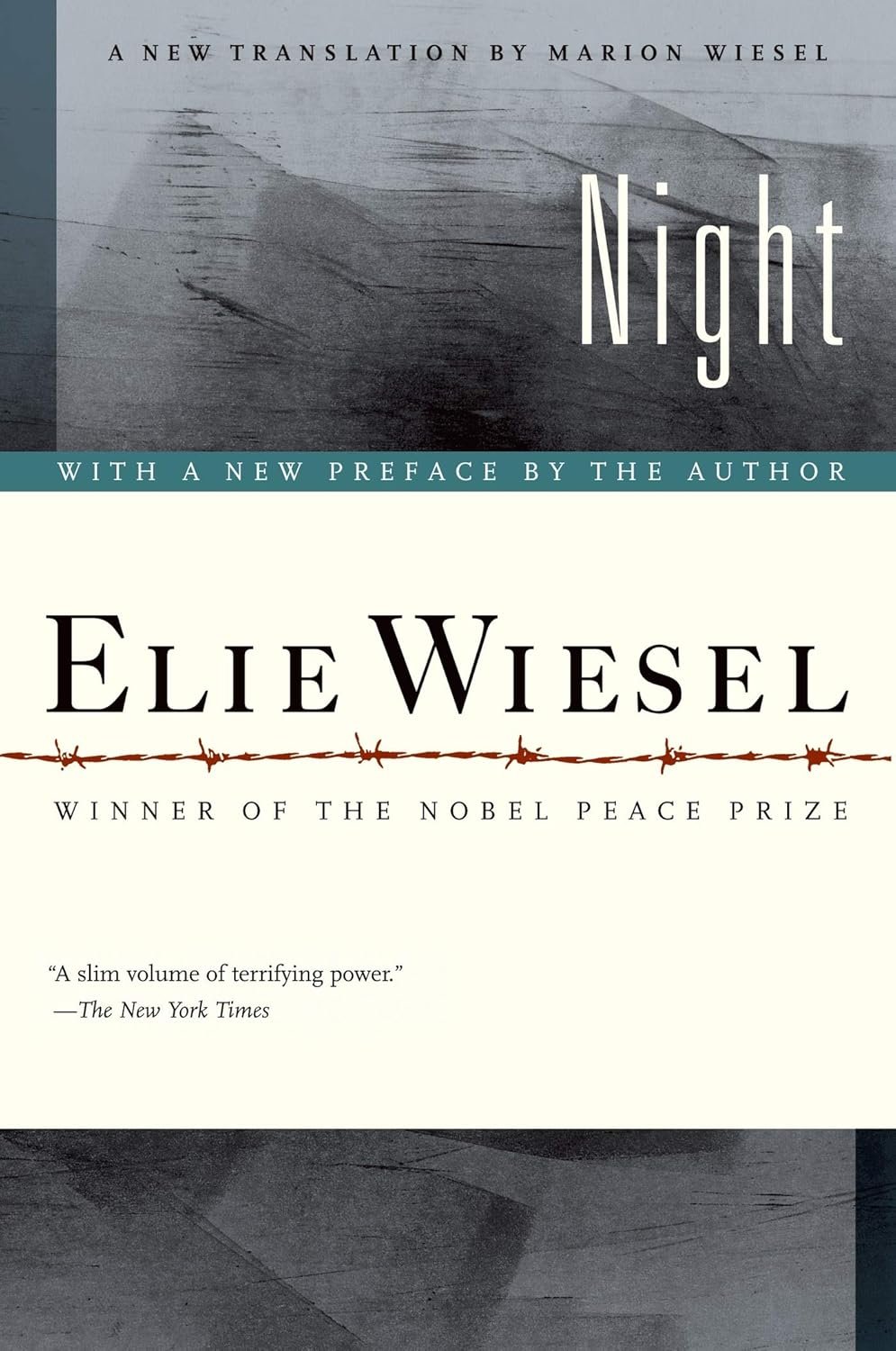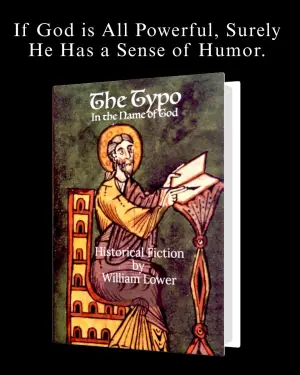A Crucial Reflection: Elie Wiesel’s Night
When I first picked up Elie Wiesel’s Night, I was drawn in not just by its brevity but by the weight it promised to carry—an unflinching gaze at the depths of human suffering during one of history’s darkest chapters. Wiesel’s haunting memoir is more than just a personal narrative; it is a profound testament to resilience amidst unimaginable horror. It felt almost obligatory to read this essential piece of literature, but what I found inside shattered and reshaped my understanding of humanity.
At its core, Night chronicles Wiesel’s experiences as a teenage boy navigating the brutal realities of the Auschwitz and Buchenwald concentration camps. The initial chapters capture a sense of normalcy that quickly disintegrates as his Jewish community in Sighet, Transylvania, becomes engulfed in chaos. Wiesel’s portrayal of the inhabitants’ denial is chilling. Even as their neighbors are rounded up, they cling to the hope that their suffering is not a prelude to their own doom. This sense of disbelief resonated within me as I considered contemporary parallels—how often do we turn a blind eye to the suffering that surrounds us?
Wiesel’s prose is stark and clear, almost lyrical in its haunting simplicity. His description of a father-son bond grappling with despair and survival is particularly moving. One moment encapsulated this struggle for me: Wiesel, faced with his father’s weakness, feels the painful tug of familial loyalty versus the instinct for self-preservation. His admission, “I did not weep, and it pained me that I could not weep. But I was out of tears,” is raw and relatable—it explores an emotional territory that many of us would rather avoid. This stark candor keeps us grounded, demanding that we confront the uncomfortable truths of our own existence.
The translation by Marion Wiesel adds another enriching layer to the narrative, resonating with the author’s original voice. Her deep connection to Wiesel brings an authenticity that elevates the reading experience. The essential preface where Wiesel reflects on the importance of memory reinforces his belief in the responsibility we all carry to remember and to speak out against inhumanity. His poignant words resonate today more than ever: "Neutrality helps the oppressor, never the victim."
For readers seeking a deep, emotional experience, Night is indispensable. It’s not just a recollection of horrors; it is a call to empathy, urging us to remember those who suffered and to reflect on our own responsibilities as witnesses to cruelty. I can’t help but feel this book is essential for anyone seeking to understand the depths of human resilience and the dreadful potential for darkness in society.
In a world where “I can’t believe it” seems far too common in the face of suffering, Wiesel’s account invites us to confront the painful realities of history with open hearts. This is not merely a memoir; it’s a pivotal piece of literature that holds a mirror to our collective conscience, urging us to ensure that such atrocities are never forgotten. I emerged from my reading not just with a heavy heart, but with an increased sense of responsibility—to remember, to speak, and to act.







